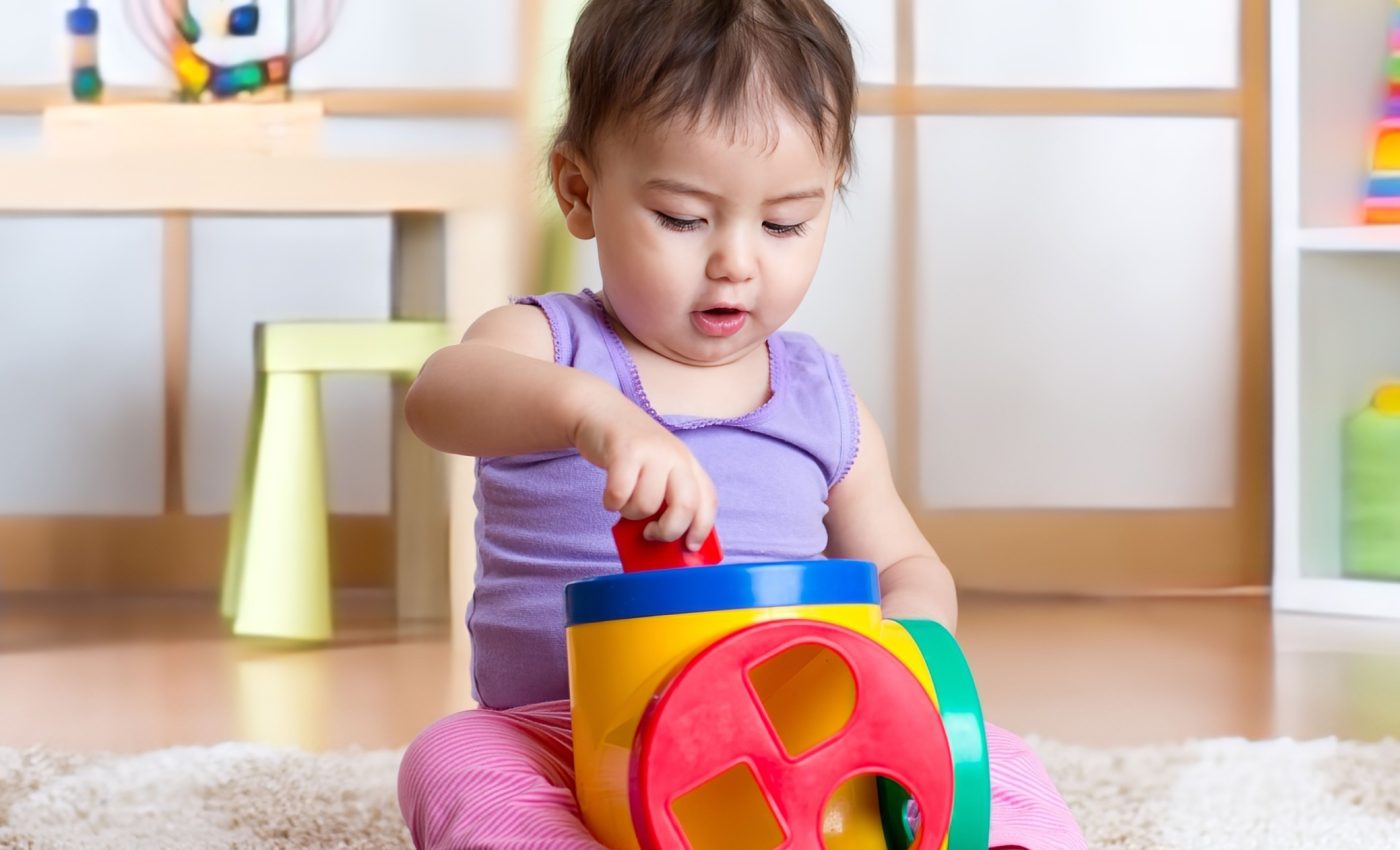
Adult thinking skills may be forged during our early infancy
Watching babies babble, play, or interact with others may offer surprising insights into how their thinking skills will develop and function decades later.
That’s the central finding of a study showing that even at 7 months old, some of a baby’s cognitive behaviors can hint at their thinking skills as 30-year-old adults.
Infancy shapes thinking skills for life
Scientists at the University of Colorado Boulder studied more than 1,000 twins over the span of 30 years. Their research shows that early-life assessments of cognitive function can help predict performance on cognitive tests at age 30.
The findings also suggest that an infant’s environment plays a more important role in shaping life-long thinking ability than previously believed. According to the researchers, it could even affect a person’s risk of dementia later in life.
“Our findings highlight the enduring consequences of the very early childhood environment on cognitive ability and suggest that early life is a critical developmental period that we should be paying attention to,” said Daniel Gustavson, assistant research professor at the Institute for Behavioral Genetics (IBG).
Few studies of infant thinking skills
General cognitive ability, or GCA, is a broad measure of a person’s ability to learn, reason, understand, and solve problems. It’s similar to the more familiar term IQ, though GCA is a composite of several cognitive factors.
Previous research has shown that a large portion of GCA is already set during childhood. For instance, if you test an 8-year-old’s cognitive skills, the result will likely resemble their score at age 30.
In fact, intelligence scores at age 20 are highly correlated with scores at age 62. IQ doesn’t change much between ages 11 and 90.
But until now, very few studies have explored whether signals from infancy – long before school starts – can tell us anything meaningful about future thinking ability.
Assessments of thinking skills began early
To answer this question, Gustavson and senior author Chandra Reynolds analyzed data from 1,098 individuals enrolled in the Colorado Longitudinal Twin Study.
The IBG began the project in 1985 by enrolling baby twins from Colorado’s Front Range to study how genetic and environmental factors influence development over time.
Since then, researchers have collected large amounts of data through lab samples, home visits, interviews, surveys, and behavioral testing.
“We have co-authors on this paper who have been involved since the start and watched these twins grow up,” said Gustavson.
At 7 months old, each infant completed assessments of seven cognitive skills. These included vocalization, task persistence, and what researchers called “novelty preference” – whether the baby chose a new toy over a familiar one.
Twin studies continue for decades
So far, participants have completed cognitive testing at five different ages throughout their lives.
The study found that early thinking skills could explain about 13% of the variation in cognitive performance at age 30. Two infant traits, namely task orientation and novelty preference, were especially strong predictors. Though modest, the researchers found this link notable.
“We certainly do not want to imply that cognition is somehow fixed by seven months old,” Gustavson said. “But the idea that a very simple test in infancy can help predict the results of a very complicated cognitive test taken 30 years later is exciting.”
Thinking skills affected by nature and nurture
To understand the extent to which genetics (nature) and environment (nurture) each contribute to cognition, the researchers looked at differences in GCA scores between identical twins, who share all of their genes, and fraternal twins, who share about half.
When identical twins show more similar outcomes than fraternal twins, this points to a stronger genetic influence. The team also examined DNA samples collected from blood or saliva.
As expected, genetics played a significant role. By age 7, inherited traits accounted for roughly half of the variation in cognitive scores measured at age 30. Still, environmental factors in early life also left a meaningful and lasting mark.
“One of the most exciting findings was that 10% of the variability in adult cognitive ability was explained by environmental influences before year one or two,” elaborated Gustavson. “This suggests that even the pre-preschool environment matters,” he added.
Baby years matter for cognitive ability
Chandra Reynolds, a co-author of the research paper who studies dementia risk, sees a bigger picture.
“Cognitive aging is a life-long process, not just something that begins in mid-life,” said Reynolds.
“It could be that certain interventions, like strong educational foundations in early life could help maximize what people are capable of and help them keep that cognitive gas in the tank for as long as possible.”
Good childcare, stimulating play, and stable living conditions might help preserve brain power into old age.
Many genes impact thinking skills
The study also showed that polygenic scores are a valuable tool for estimating cognitive ability.
These scores combine the effects of many individual genetic variants into a single number, offering an estimate of a person’s genetic likelihood for a trait – such as intelligence.
“There are thousands of genes that influence intelligence, so you are never going to find an ‘intelligence gene,’ but we have found many with tiny effects that, when put together, can have an impact,” Gustavson said.
“Studies like ours show us that both family-based and genomic-based datasets are valuable in answering questions about how genetic and environmental influences change across the lifespan”
Together, these findings reinforce the idea that what happens in babyhood doesn’t just fade – it shapes thinking for a lifetime.
The full study was published in the journal Proceedings of the National Academy of Sciences.
—–
Like what you read? Subscribe to our newsletter for engaging articles, exclusive content, and the latest updates.
Check us out on EarthSnap, a free app brought to you by Eric Ralls and Earth.com.
—–













